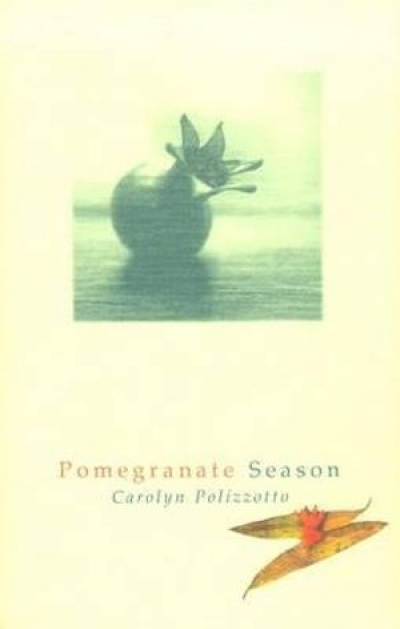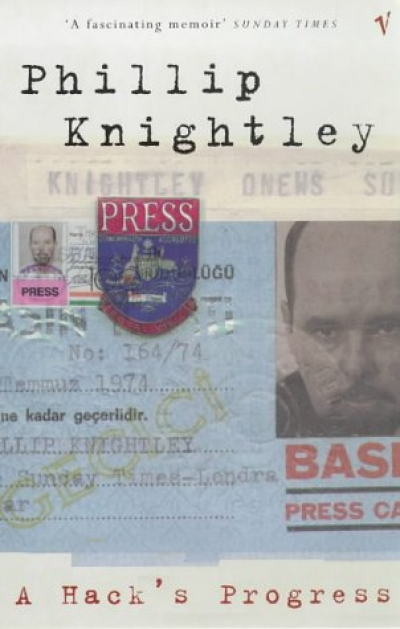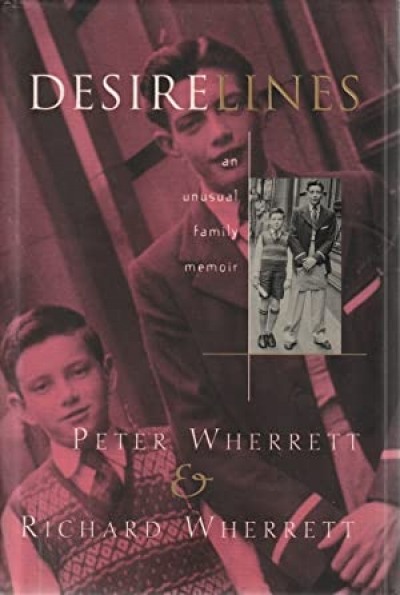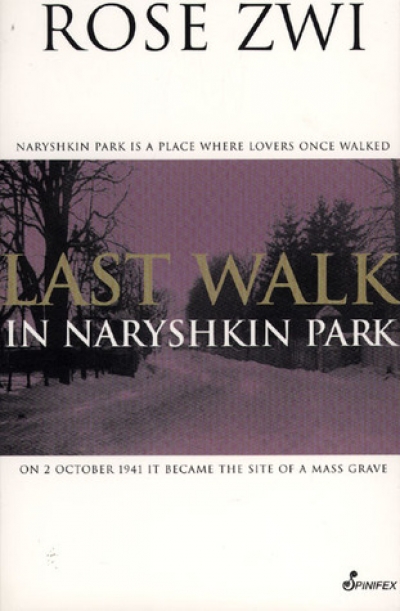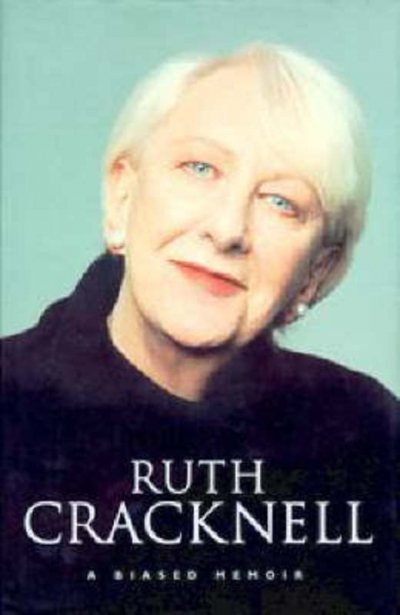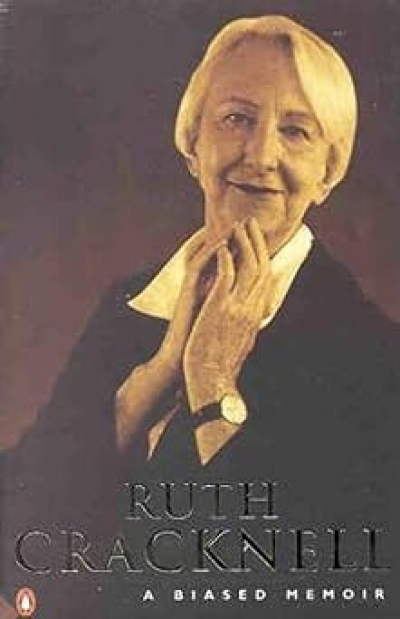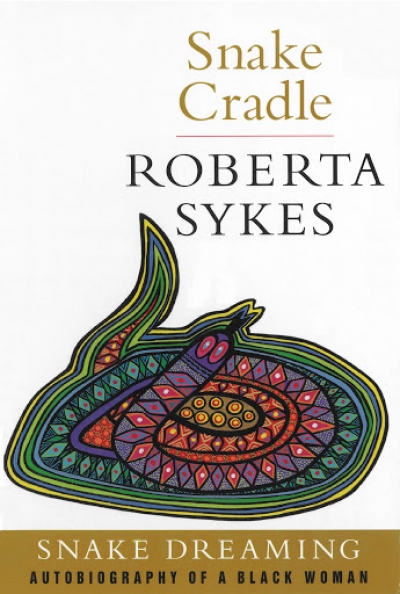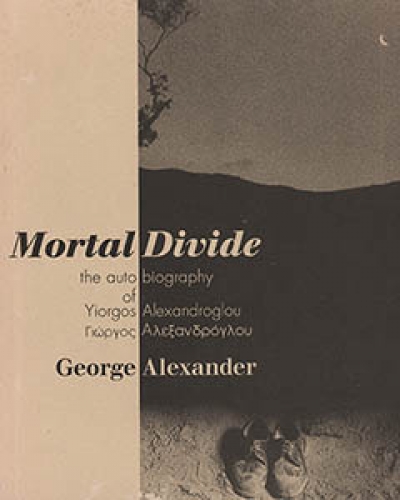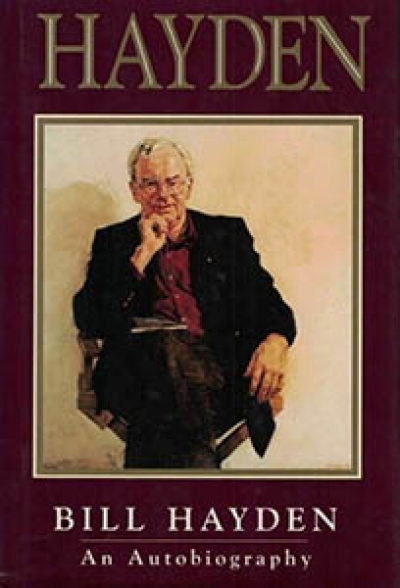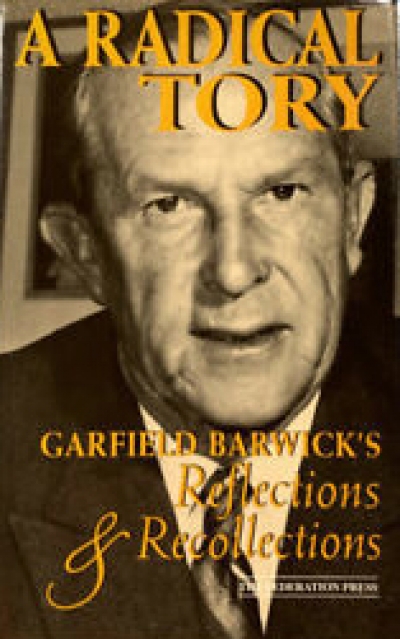Memoir
Pomegranate Season by Carolyn Polizzotto & Till Apples Grow on an Orange Tree by Cassandra Pybus
by Brenda Niall •
Desirelines: An unusual family memoir by Peter Wherrett and Richard Wherrett
by Kerryn Goldsworthy •
Snake Cradle: Autobiography of a black woman by Roberta Sykes
by Alexis Wright •
Mortal Divide: The autobiography of Yiorgos Alexandroglou by George Alexander
by Adam Aitken •
A Radical Tory: Garfield Berwick’s reflections and recollections by Garfield Barwick
by Alex Castles •

